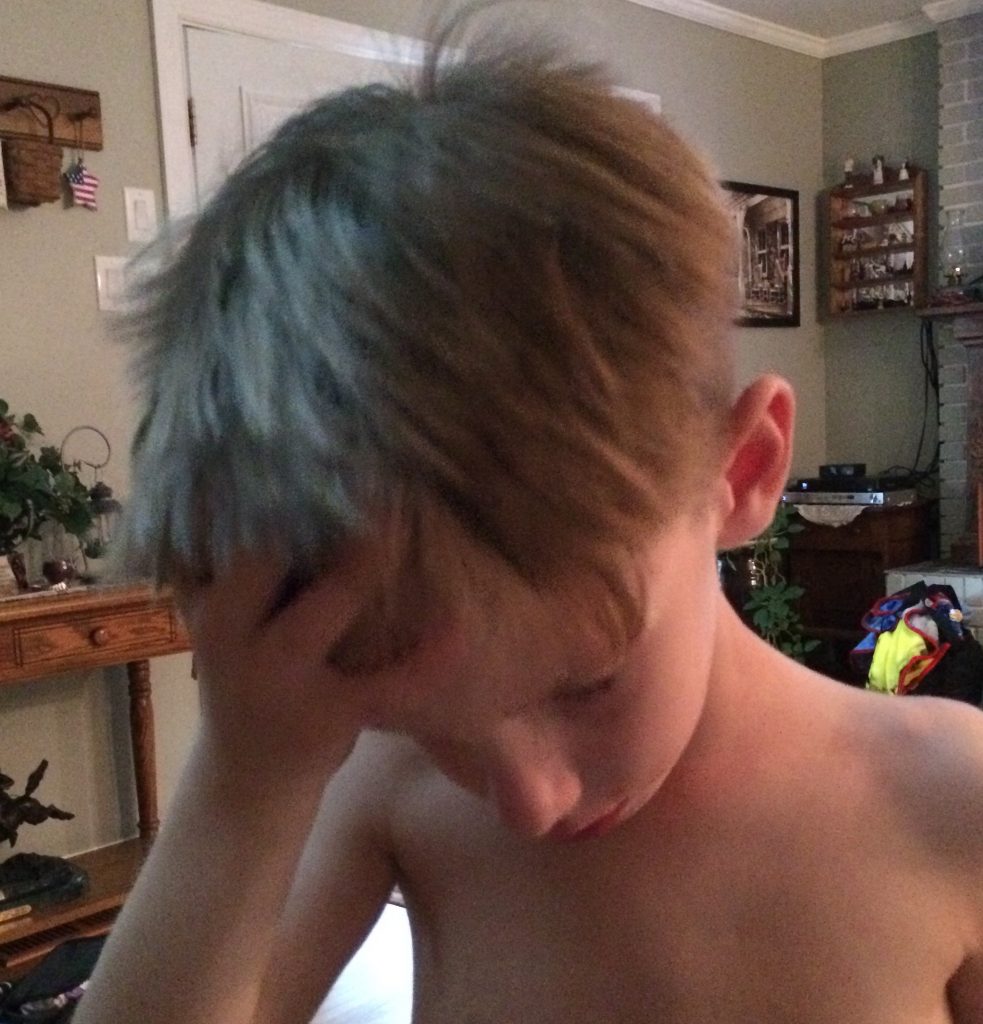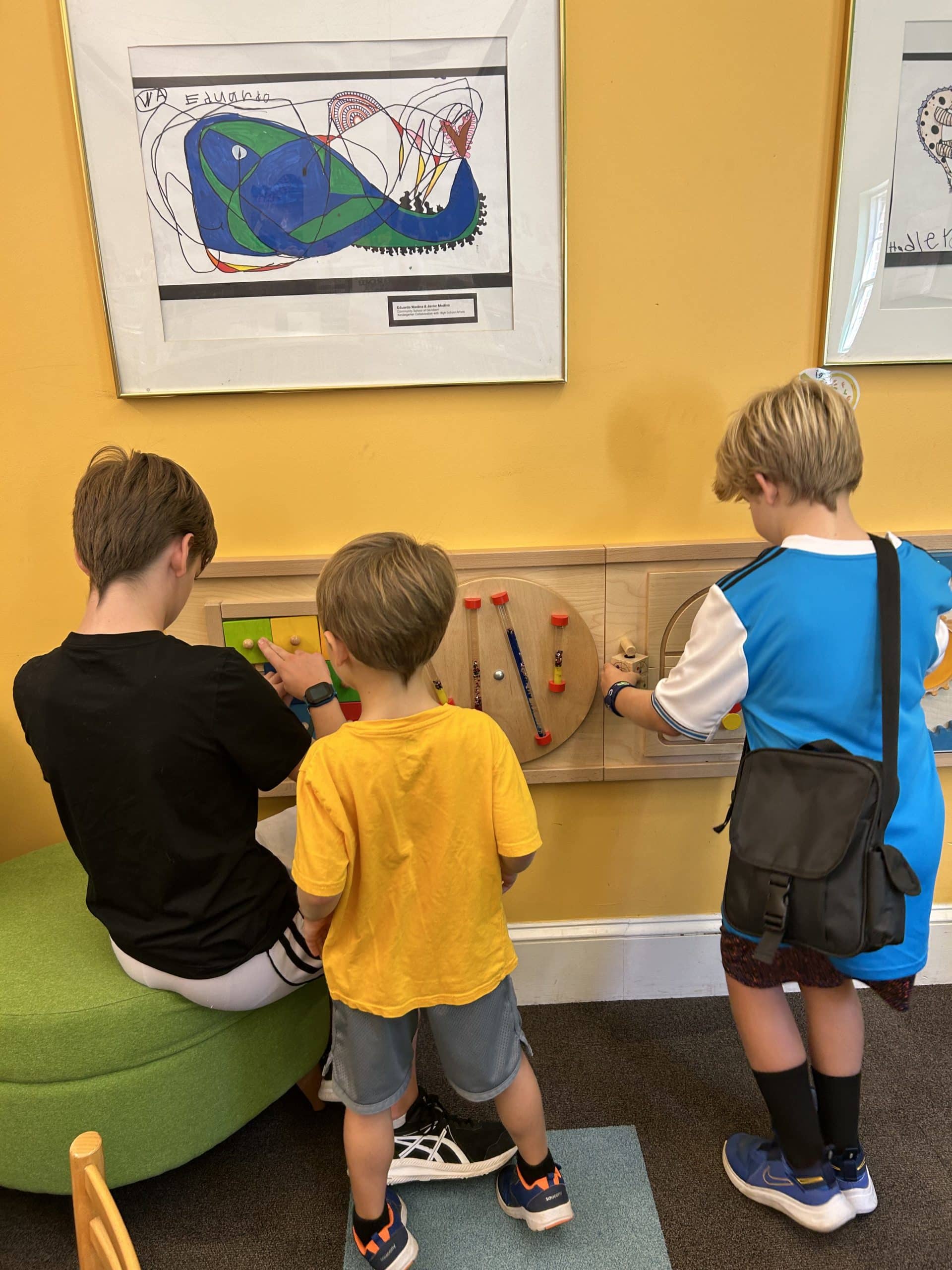Grief is something that people naturally experience. However, it greatly affects students and their learning. So, many questions arise as to the approach to take when it affects the classroom. Research shows that seven of ten teachers have a student that has grief due to the loss of a friend, family member or pet. In addition, students experience grief with a divorce. Consequently, it is a difficult task to undertake this topic with students.
The right process gives teachers and parents the method to engage a discussion if necessary. As the learning is disrupted in the classroom, then a discussion is wanted. Emotional support is necessary through parents, teachers and counselors as a student has grief due to loss. Silence brings about isolation of the student.
Grief Support
- Understand and permit common actions that pertain to grief. This includes; no appetite, lack of sleep, reduced concentration level, sadness, and withdrawal from socialization. At times, students also feel anger toward the person or pet that died because they left.
- Do not fear to use the word ‘death’ or ‘die’ in a discussion. In addition, students must understand that death is not something they can catch.
- Listen, acknowledge emotions, and don’t judge. Keep discussions brief.
- Share personal feelings calmly so as to encourage the student’s feelings. Do not make assumptions.
Many different feelings are normal. There is no ‘right’ way to respond to death. Behaviors and feelings vary with age and culture. It’s important to keep a normal routine and engage students in previously enjoyed activities.
Training Not Needed
Many think that training is important to help students deal with grief. Although, training is not necessary to help grieving children. Educators are still able to make a positive influence on the student’s life. If help is desired, The Coalition to Support Grieving Students offers materials. Still, there isn’t anything a teacher can say that helps change the situation. So, do less talking and more listening.
![]()



